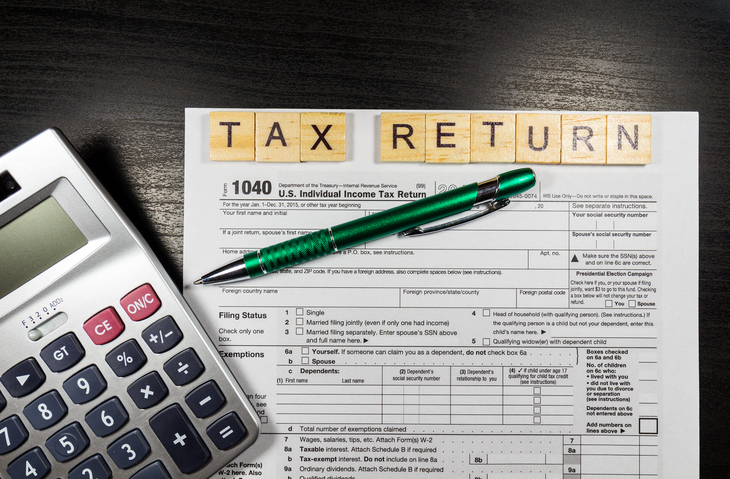The individual mandate was one of the most controversial aspects of the Affordable Care Act (or ACA, also known as Obamacare). Since it was signed into law in March of 2010, it requires everyone (with a few exceptions) to have health insurance or pay a fine for not having it.
This insurance must cover health essentials, such as preventative visits, hospitalization and vaccines, and must have premiums (which you pay each month to have coverage) that people can pay without compromising their household finances.
One of the measures the Trump administration took to attack the law, which to date he has not been able to replace, was to repeal the individual mandate.
The republican majority congress eliminated the fine imposed for not having health insurance, regulation which went into effect on January 1, 2019.
The fine was still applicable during 2018. However, changes made it easier for people to claim an exemption for difficulties.
In light of these changes, several states have adopted individual mandates that impose state fines for not having health insurance. The states are:
MASSACHUSETTS. The state has had an individual mandate since 2006, which in fact was a model to design the Obamacare's individual mandate. The Massachusetts Health Care Reform Law requires that most residents over 18—who can afford health insurance—have coverage year round or pay a penalty trough their tax returns.
Penalties are accrued for each month that this mandate is not met. However, there is a grace period that allows coverage lapses of 3 consecutive months (or less). The payment is similar to the cost of the lower premium plans.
In addition, anyone who lives in the state must be enrolled in health plans that meet the requirements of Minimum Creditable Coverage (MCC).
Massachusetts has an insured people rate of 97.5% since Republican Gov. Mitt Romney signed the law. One of the highest in the nation.
CALIFORNIA. Governor Gavin Newsom signed the legislation in June. The law imposes a tax penalty on any resident of the state who does not have health insurance (minimum essential coverage or MEC) for themselves and their dependents. The fine will not apply to those individuals who pay a premium that represents more than 8.3% of household income during a fiscal year. It becomes effective on January 1, 2020.
NEW JERSEY. Fearing a widespread disruption of the health insurance markets, and the increasing of premiums, lawmakers enacted a law to establish an individual mandate. This regulation took effect as of January 1, 2019.
Its dynamics mimic the repealed federal model: it includes an annual fine of 2.5% of the income of a household or a charge per person, whichever is higher.
RHODE ISLAND. The state stablished a penalty for not having health insurance beginning January 1st, 2020. The law requires the residents to have insurance throughout the year.
VERMONT. The state still plans to have its own individual mandate in 2020, but it has been challenging in different Legislature commissions. Meanwhile, it did advance a part of the bill that incorporated several protections of ACA such as prohibiting health insurers to charge more or discriminate people with pre-existing conditions.
The District of Columbia also enacted its own individual mandate that took effect as of 2019.
It is important to remember that, regardless of the penalty, having health insurance is a good idea. You never know when you might become ill or have an accident. Health care coverage is still available during the open enrollment periods. If you don’t register during the open enrollment period, you might have to wait another year to register.
Source: Kaiser Family Foundation, IRS, CMS.
